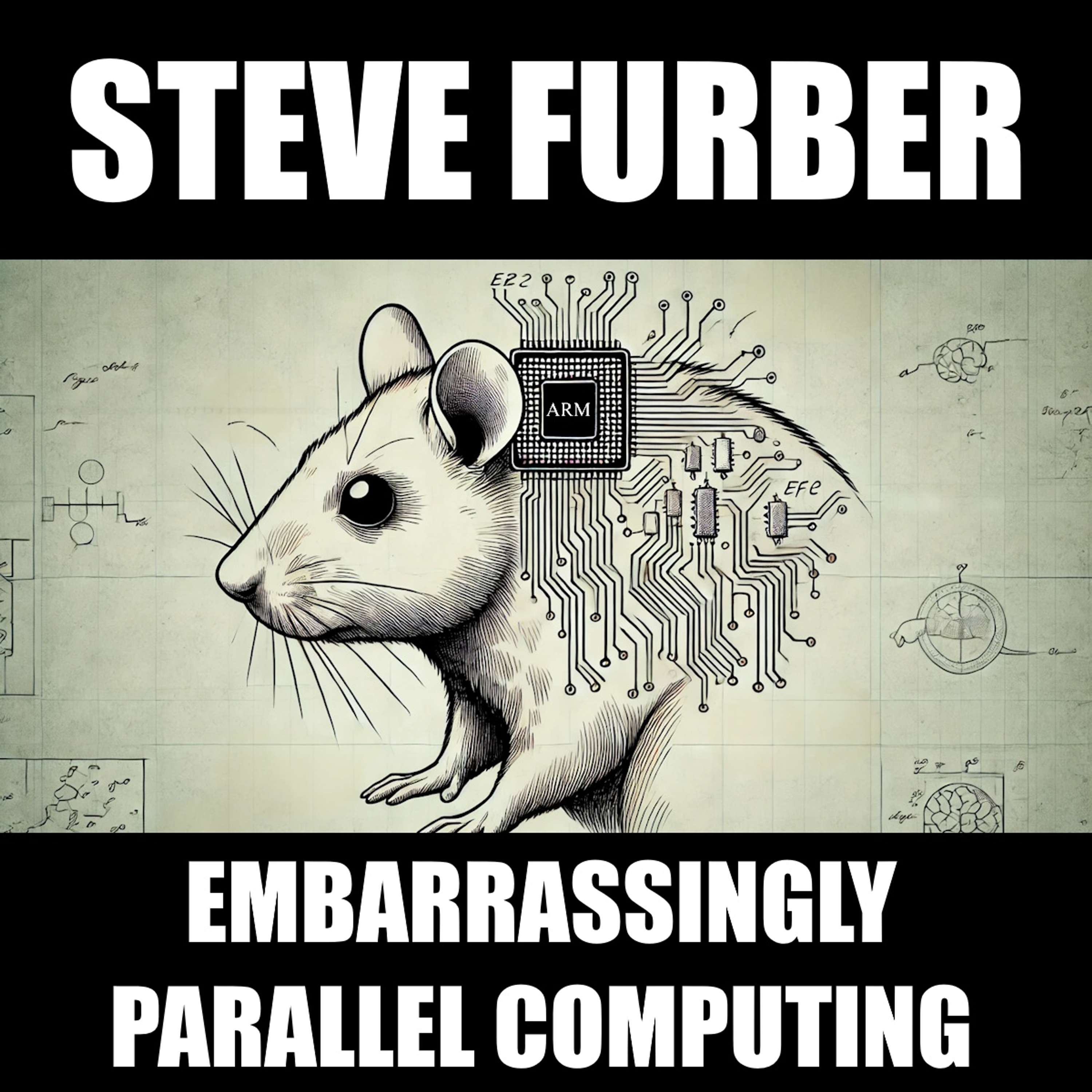Jun 28 2024 52 mins 78
In this episode of Circuit Break, hosts Parker Dillmann and Stephen Kraig interview Steve Furber, Professor Emeritus of Computer Engineering at the University of Manchester. They discuss his early career at Acorn Computers, the development of the BBC Micro and the ARM processor, and his work on the SpiNNaker project, which models brain functions using a million ARM processors. Furber shares insights into the challenges and successes of these projects and provides advice for aspiring engineers.
Key Discussion Points:
- Steve Furber's early career at Acorn Computers
- Development of the BBC Microcomputer
- Challenges faced in early computer development
- Design philosophy behind the ARM processor
- ARM's widespread adoption and current export restrictions
- The SpiNNaker project and its applications
- Evolution of neuromorphic computing and AI
- Personal interests and hobbies, including playing bass guitar
- Advice for aspiring engineers and future computing technologies
- Hypothetical career scenarios and advice to his younger self
Relevant Links:
- Steve Furber Wikipedia
- Steve Furber's Profile at Manchester University
- Signetics 2650
- Fruit Machine
- BBC Microcomputer
- SpiNNaker Project
Community Questions:
- What are your thoughts on the evolution of the ARM processor from its inception to its current applications?
- What advice would you give to young engineers interested in computer engineering today?
MacroFab:
This show is brought to you by MacroFab, which provides a platform for electronics manufacturing services (EMS), hardware development, designing and prototyping for individuals, startups, and businesses. Key MacroFab services include PCB (Printed Circuit Board) fabrication, assembly, and testing. Customers can use MacroFab's platform to upload their PCB designs, select components, and specify manufacturing requirements.
We Want to Hear From You!
Subscribe to Circuit Break wherever you get your podcasts! And join our online discussion hub at forum.macrofab.com to keep the conversation going with electrical engineering experts and experimenters! You can also email us at [email protected].
